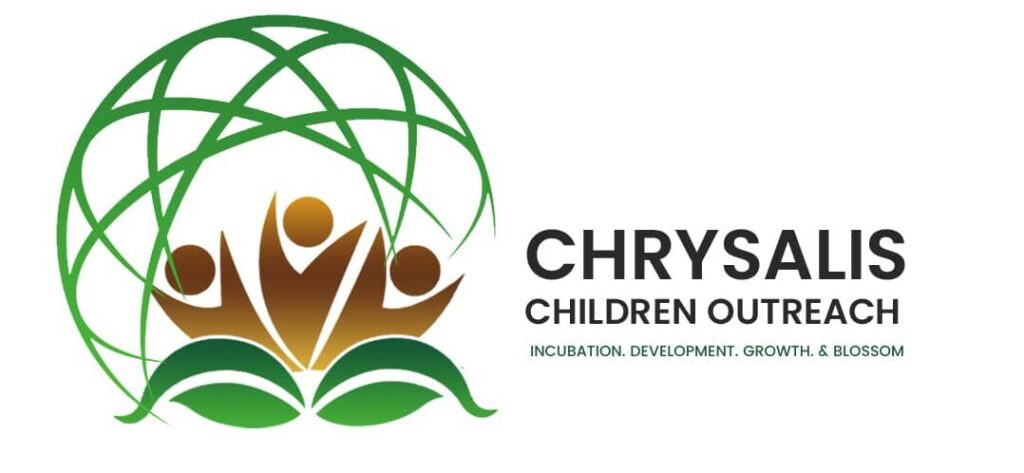
Childhood education forms the bedrock of an individual’s lifelong learning journey. It is more than just teaching letters, numbers, or colors; it is a comprehensive approach to nurturing a child’s emotional, social, and intellectual development. The importance of early childhood education cannot be overstated as it creates a strong foundation for future academic and personal success.
Cognitive Development
The early years of a child’s life are a period of rapid brain development. Research indicates that a child’s brain develops more during the first five years than at any other stage of life. Childhood education plays a critical role in stimulating cognitive development during this crucial window. Through activities like storytelling, puzzles, and creative play, children are introduced to problem-solving, critical thinking, and communication skills. These activities lay the groundwork for complex learning later in life.
Social and Emotional Skills
Childhood education is not solely about academics; it also fosters the development of social and emotional skills. In a structured learning environment, children learn how to interact with peers, follow instructions, and manage emotions. These interactions are essential for building empathy, cooperation, and self-regulation. Skills like sharing, taking turns, and resolving conflicts help children navigate relationships throughout their lives, making them more adaptable and emotionally intelligent.
Preparing for Future Learning
A quality early education program prepares children for the transition to formal schooling. Children who attend preschool or early childhood education programs are more likely to adapt easily to kindergarten. They have already been exposed to routines, classroom dynamics, and basic academic concepts. This head start reduces anxiety and boosts confidence as they step into more structured educational settings.
Closing Achievement Gaps
Early childhood education can help address educational disparities, particularly for children from low-income families or disadvantaged backgrounds. Studies have shown that children who participate in early learning programs are more likely to perform well academically, reducing the gap between socioeconomic groups. These programs provide children with equal opportunities to develop foundational skills, breaking cycles of poverty and inequality.
Lifelong Benefits
The benefits of childhood education extend far beyond the early years. Adults who had access to quality early education are more likely to graduate from high school, attend college, and secure stable employment. Furthermore, they are less likely to engage in criminal activities and more likely to contribute positively to society. The investment in early education yields long-term benefits not only for individuals but also for communities and economies.
Cultivating a Love for Learning
Another critical aspect of childhood education is its role in fostering a love for learning. When children are engaged in enjoyable and meaningful educational experiences, they develop curiosity and a positive attitude toward learning. This intrinsic motivation becomes a lifelong asset, encouraging them to explore, question, and innovate as they grow.
Conclusion
Childhood education is not a luxury but a necessity. It lays the foundation for academic success, emotional well-being, and social competence, equipping children with the skills they need to thrive in an increasingly complex world. By investing in early childhood education, we invest in the future, ensuring that every child has the opportunity to reach their full potential and contribute meaningfully to society.
